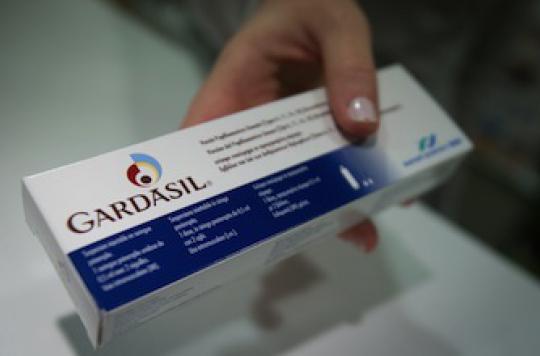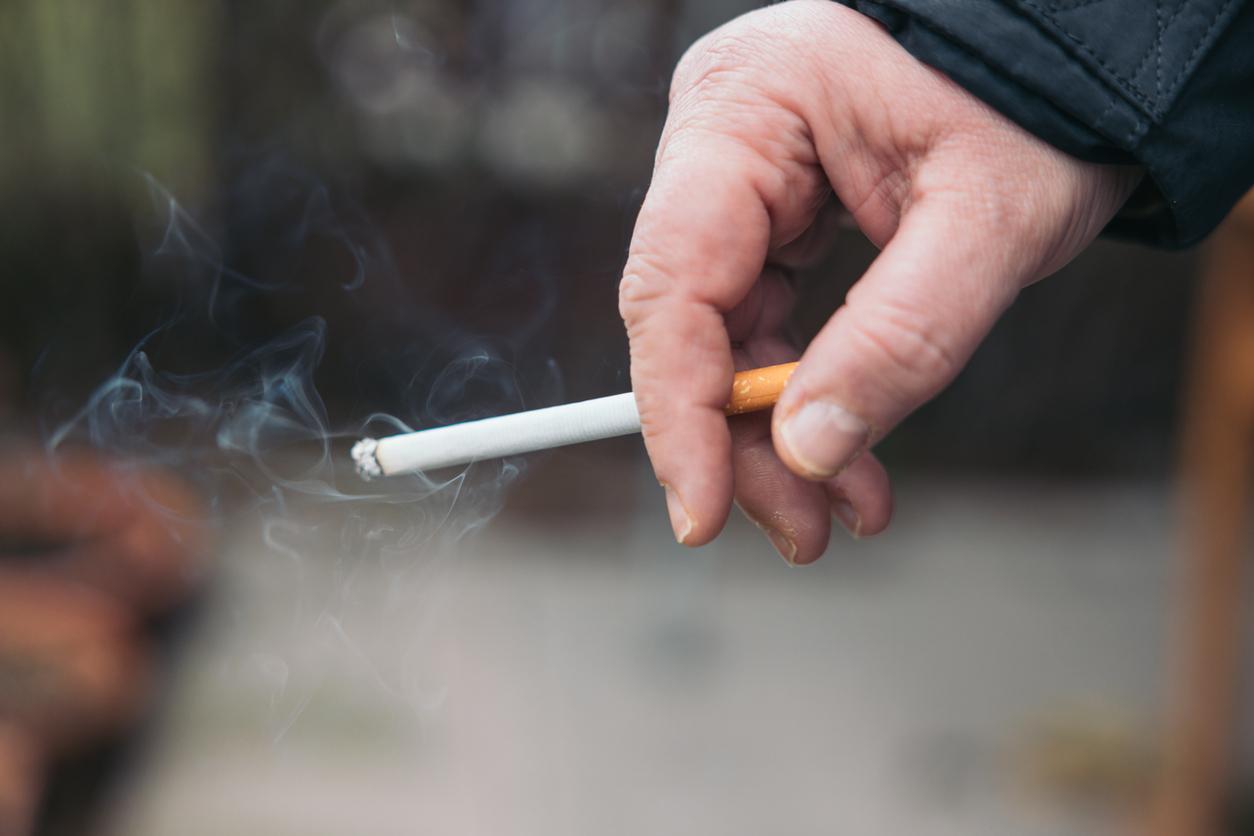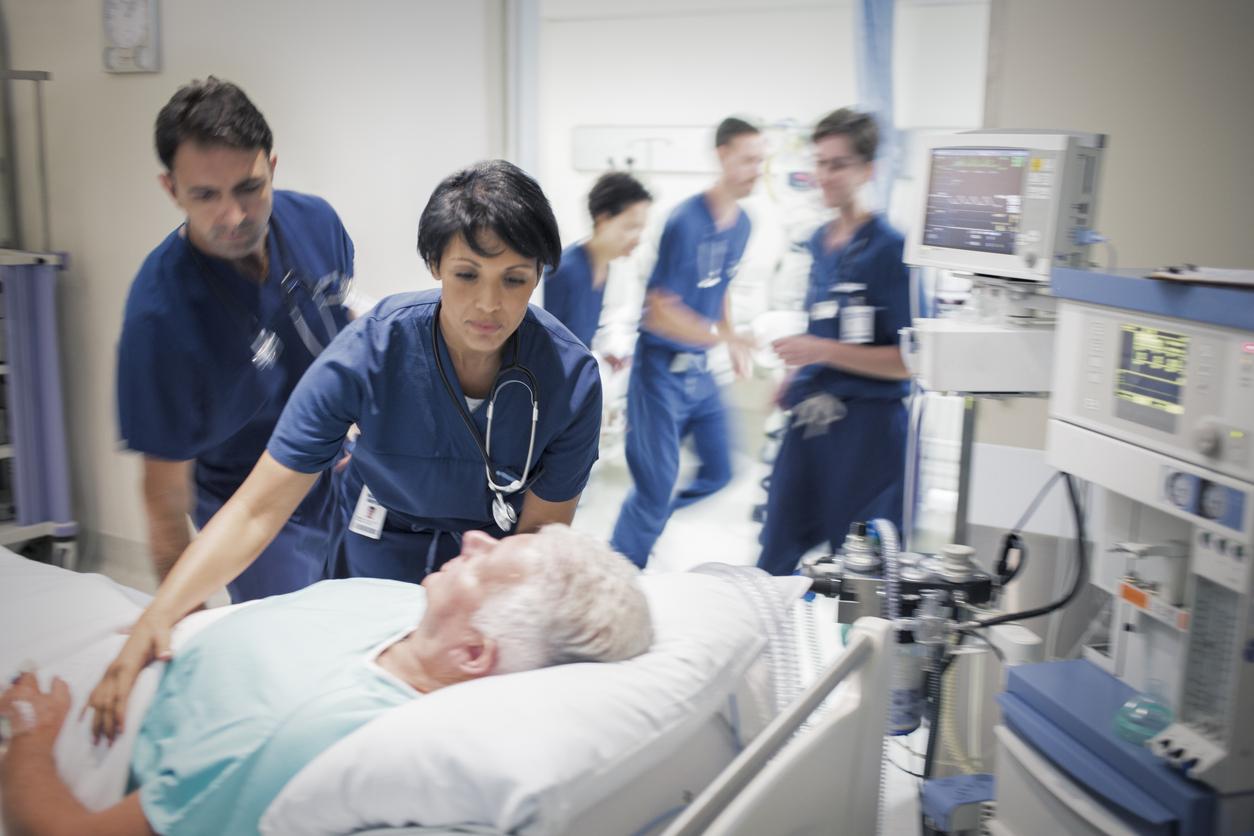Gardasil is accused by a patient of having caused multiple sclerosis. Beyond the news item, parents want more information about this vaccine.

Offered as part of the prevention of cervical cancer to young girls, Gardasil is accused by a patient of having caused her multiple sclerosis. Marie-Océane, 15, who received a first injection in October 2010, then a second in December, presented worrying clinical signs two months later. She was then hospitalized several times in the following months. As a result, a complaint was filed on November 22 against the product, by Me Jean-Christophe Coubris, the young girl’s lawyer. The Sanofi Pasteur laboratory is accused of “unintentional attack on the integrity of the human person. Because of the Gardasil vaccine suspected of causing serious side effects. This is a first in France, but which feeds the reserves of parents to vaccinate children. A study published on Tuesday unveils precisely the brakes to this vaccination.
Main obstacle to vaccination: fear of parents
In the United States, for example, more and more parents refuse to have their children vaccinated against the papillomavirus. In France, one in three girls in the target population is vaccinated. To successfully find the origins of this disaffection with HPV vaccines, researcher Dawn M. Holman, of the Centers for Disease Control and Prevention (CDC) in Atlanta, and her colleagues, conducted a review of the literature on obstacles to this vaccination. Their findings are based on no less than 55 relevant articles on the topic, which include data collected in 2009 or more recently.
Healthcare professionals interviewed for this study cited financial hardship and parental concerns as barriers to administering the vaccine to patients.
Among the main concerns of families, parents indicated that they needed more information before having their children vaccinated. They also have fears about the possible effect of the vaccine on the sexual behavior of their child. Finally, the excessively high cost of these vaccines is also one of the obstacles to vaccination.
Finally, concerning the vaccination of boys, the parents indicated that the benefit of this vaccine in this population had not yet really been demonstrated.
The essential role of professionals
The recommendations of health professionals have been systematically pointed out by parents as one of the most important factors in their decision to have their children vaccinated (or not). “Continued efforts are needed to ensure that doctors and parents understand the importance of vaccinating adolescents before they become sexually active. Professionals should also benefit from advice on how to communicate recommendations for HPV vaccination to parents and patients, ”the study concludes.
France, far from its objectives
In France, the vaccination targets against the papillomavirus (HPV) are far from being achieved. While in 2004, the High Committee of Public Health aimed at 95% vaccination coverage, today we are only at a rate of 30% of young girls having received the three doses of vaccine. Yet cervical cancer kills 1,000 women in France every year.
The High Council of Public Health modified, last May, its recommendations concerning the age groups of vaccination. Concretely, it is now recommended to practice it in all young girls aged 11 to 14 and no longer from 14 years old, as was the case since 2007. Catching up is also recommended for 15-19 age groups. years who have not yet been vaccinated.
But, if this change in strategy does not allow the required objective to be obtained, the Transparency Committee has already indicated that it “could be led to reconsider in the medium term (within 3 years) the assessment. the actual benefit of HPV vaccines ”. However, a drop in SMR would automatically lead to a drop in health insurance coverage. Today, these HPV vaccines are covered at 65% and each dose costs around 120 euros.
.

















